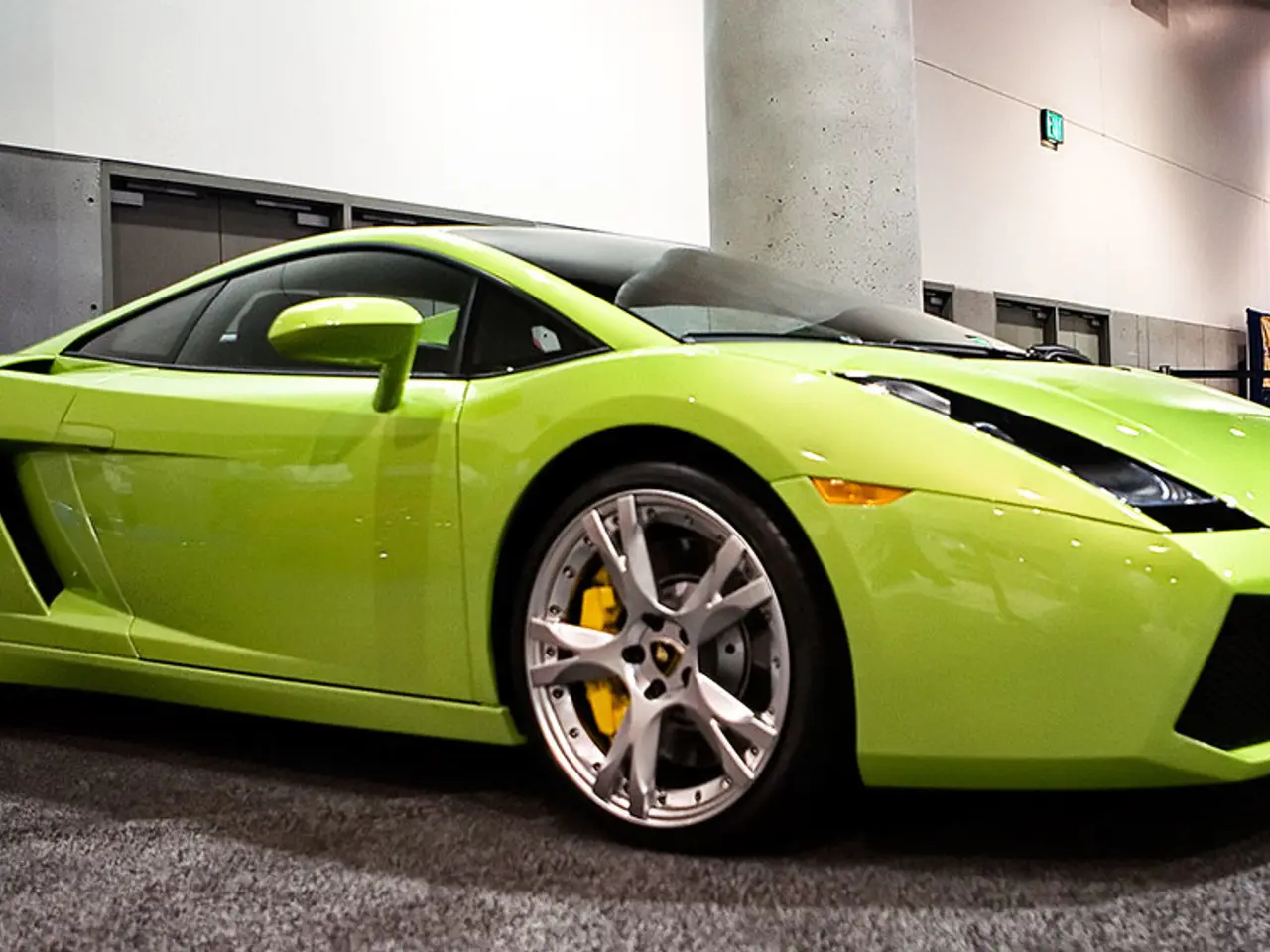Locate Information
Chinese tech giant Xiaomi has entered the electric vehicle market with its first offering, the SU7 electric sedan. The SU7 comes in three versions: Standard, Pro, and Max, each with distinct specifications and features.
Xiaomi SU7: Key Features and Specifications
Xiaomi SU7 Standard
The base model SU7 Standard features a single HyperEngine V6 PMSM motor with 220 kW (299 PS, 295 hp) and 400 Nm torque. It is equipped with a 73.6 kWh LFP Blade battery and boasts a range of 700 km (435 mi) under the CLTC test. The SU7 Standard accelerates from 0–100 km/h in 5.28 seconds and has a top speed of 210 km/h (130 mph).
Xiami SU7 Pro
The Pro version of the SU7 shares the same motor as the Standard model but features a larger 94.3 kWh LFP battery, resulting in a longer range of 830 km (516 mi) under the CLTC test. However, due to its increased weight, the acceleration is slightly slower compared to the Standard model.
Xiaomi SU7 Max
The SU7 Max stands out with its higher performance and larger battery capacity. While details about the battery are less clear, it is known that the SU7 Max has an 800V architecture and offers a range of approximately 800 km (497 mi) under the CLTC test. The SU7 Max boasts a high-power motor approaching or exceeding 690 bhp in boost mode, enabling it to accelerate from 0–100 km/h in just 3.32 seconds.
Xiaomi YU7: The SUV Counterpart
In addition to the SU7, Xiaomi has also introduced the YU7, an electric SUV model with similar performance versions: Standard, Pro, and Max. The YU7 models are positioned above the SU7, offering larger batteries, higher torque/power, 800V charging, and more smart features tailored to the SUV market.
Key Differences Between SU7 and YU7 Models
- Form factor: The SU7 is a sedan, while the YU7 is an SUV with larger battery options.
- Performance: The SU7 Max and YU7 Max offer similar high-performance values, with the YU7 Max having slightly higher horsepower.
- Battery Technology: The SU7 tends to use LFP batteries (except for the Max with an NMC battery), while the YU7 Max uses a 101.7 kWh NMC battery.
- Charging Architecture: The YU7 features 800V fast charging with extremely quick charge times (0–80% in 13 minutes), which is more advanced than the 400V architecture in the SU7 Standard and Pro.
- Additional Tech: The YU7 comes with high-end sensors like LiDAR, a panoramic HUD, and HyperOS-based OTA updates, emphasizing a premium smart SUV experience.
Competition and Price
The Xiaomi SU7 will compete with various all-electric sedans in the 200 - 300k yuan range, such as the BYD Seal, BYD Han, Deepal SL03, Xpeng P7i, or Nio ET5. Notably, the new Tesla Model 3 base model starts at the same level as the SU7 Pro, with a price tag of 245,900 yuan (34,000 USD).
Xiaomi's entry into the electric vehicle market has been met with enthusiasm, as evidenced by the 50,000 firm orders the company received within 27 minutes of the SU7's launch. The launch event for the Xiaomi SU7 took place in Beijing, with CEO Lei Jun spending about two hours on stage discussing the new car and the live stream attracting over 2 million viewers on WeChat.
In July, Xiaomi delivered over 30,000 vehicles, marking its highest monthly total to date. The Xiaomi SU7 Max is equipped with the Xiaomi Pilot Max ADAS, further solidifying its position in the competitive electric vehicle market.
Technology has played a significant role in the launch of Xiaomi's electric vehicle, the SU7. This sedan comes with advanced features like the HyperEngine V6 PMSM motor and LFP Blade battery. On the other hand, technology in sports, such as LiDAR sensors and a panoramic HUD, can be found in Xiaomi's electric SUV model, the YU7, enhancing the overall driving experience.




